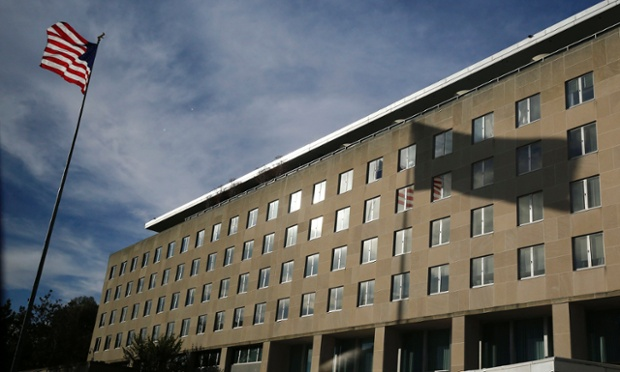On Aug. 31 the State Department announced that consular posts may give high priority to K-1 (fiancée) visas:
Effective August 28, as it becomes safe to resume more consular operations at each U.S. mission, posts are authorized to give K visa cases high priority. Applicants should check the website of their nearest U.S. Embassy or Consulate for updates on what services that post is currently able to offer. The I-129F Petition for Alien Fiancé(e) is typically valid for four months; however, consular officers may revalidate the I-129F petition in four month increments. For most cases impacted by the suspension of routine visa services or COVID-19 travel restrictions it will not be necessary to file a new I-129F petition.
This is potentially good news for applicants whose K-1 visa applications have been languishing. If a post decides to give K-1 applications priority, they may ask cases that have been stuck at the National Visa Center (NVC) to be forwarded to them and may schedule them for interviews.
The announcement that petitions delayed by COVID-19 will be revalidated in “most cases” is also good news. It is consistent with regulations stating that consular officers “may” revalidate a petition any number of times for additional 4-month periods if the officer finds that the parties are free to marry and intend to marry within 90 days after the fiancé(e)’s entry into the United States. 8 C.F.R. § 214.2(k)(5); 9 FAM 502.7-3(B)(d)(1)(b) (July 21, 2020)..
Still, there are a couple caveats to the State Department’s announcement.
- It is up to each consulate to determine whether their staffing and workload allow prioritization of K-1 visa applications.
- This announcement does not exempt K-1 visa applicants from the Presidential Proclamations banning visa issuance to persons within China, the Schengen Area, UK/Ireland, Brazil, and Iran.

Leave a Reply